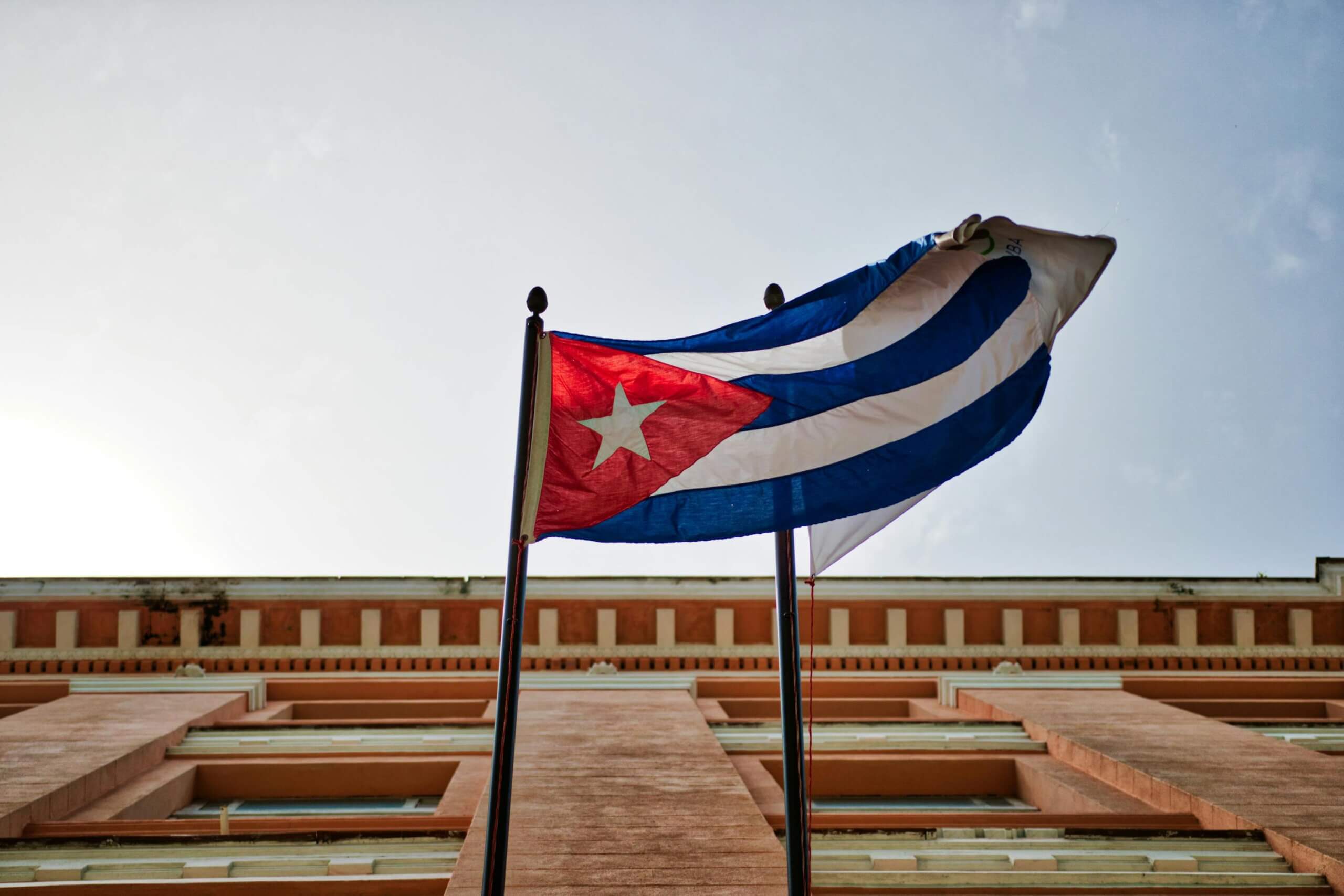China Cancels Trade Agreements with Cuba Due to Lack of Market Reforms and Unpaid Debts
Photo: Pexels.
China, one of Cuba’s main trading partners and a key political ally, has canceled a significant sugar import contract from the island, amounting to more than 400,000 tons annually. According to the Financial Times, Beijing has lost patience with the Cuban regime due to the lack of deep economic reforms, despite the severe crisis the island is facing. This shift in the trade relationship has been interpreted as a sign that China is not willing to continue supporting Cuba without significant changes in its economy.
María Werlau, director of the Cuba Archive project, notes that this situation is not new and highlights that Cuba still holds a considerable debt with Chinese companies, such as Huawei and Youtong, for the purchase of machinery, technology, and vehicles. The situation reflects the complexity of the relations between both countries, where China seems to be increasing its pressure for the Cuban regime to implement market reforms that allow for better economic management.
On the other hand, economist Rafael Marrero, a member of the Advisory Board of Forbes Magazine, believes that China continues to use Cuba as a piece in its geopolitical strategy against the United States, which could further complicate relations between the two nations. Additionally, it is reported that Beijing could be strengthening its espionage bases in Cuba, adding another layer of tension to the context of the island’s growing economic crisis.
Amid this situation, Cuba has formally applied for membership in BRICS, a group of emerging economies currently led by Russia. Havana seeks financial support and loans to face its economic collapse, and the invitation extended to Miguel Díaz-Canel for the upcoming meeting in Kazan, Russia, appears to be a sign of this effort. However, some experts believe that, while Russia might facilitate Cuba’s entry into BRICS, the island lacks the necessary resources to contribute significantly to the group, thus limiting its capacity to influence the alliance
Main source:

